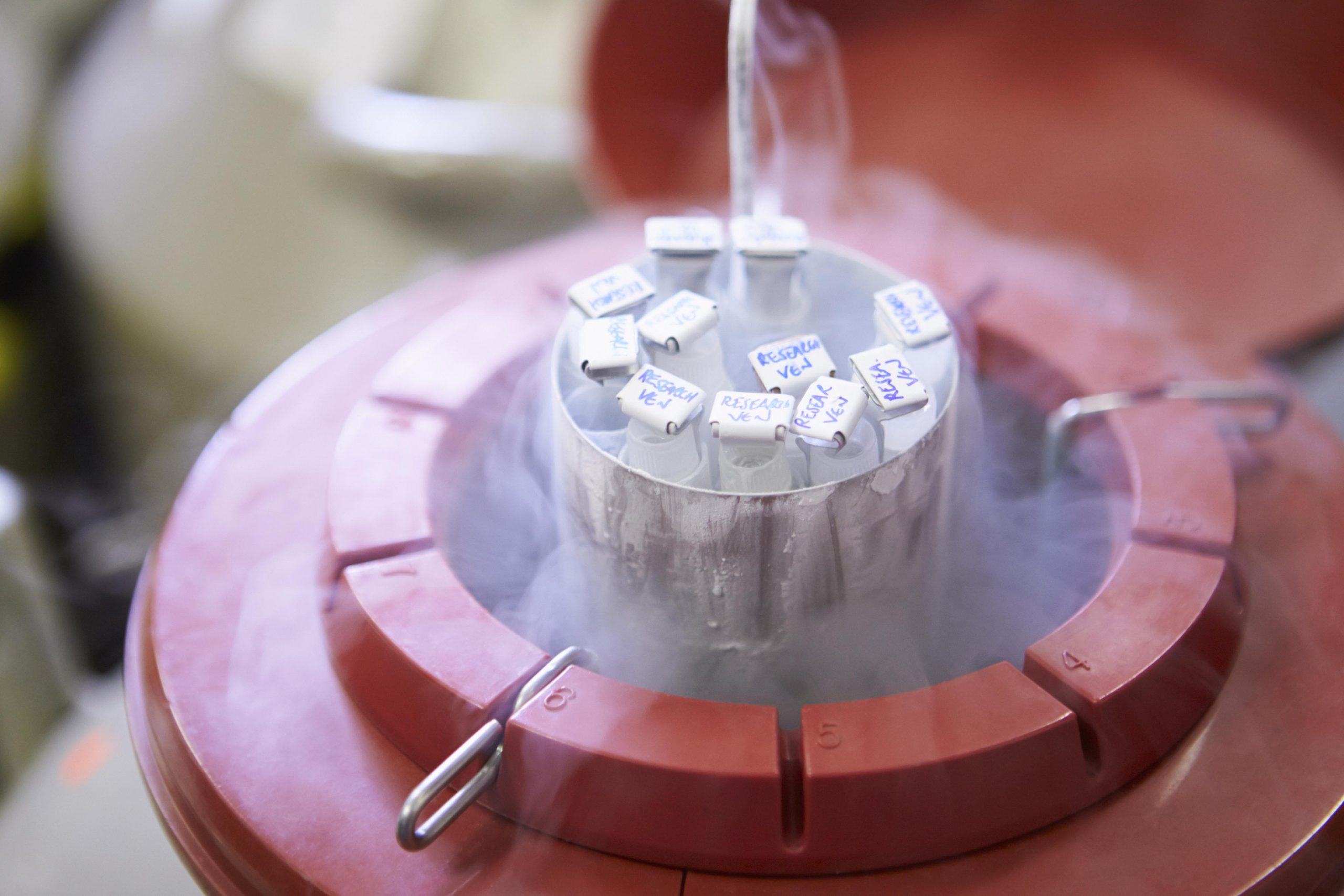Presented as a way in which women can preserve their fertility to give them more time to have a professional career or to find the “right partner”, the freezing of eggs is hardly effective in the long run. A study carried out by a fertility clinic in Melbourne has noted that very few women who freeze their eggs actually end up using them, thus confirming earlier studies mainly carried out in California.
The study in question was carried out in Australia and involved 100 women who had frozen their eggs between 1999 and 2014, to “delay procreation”, for no medical reason. Their average age was 37 years at the time of freezing and 40 when the study was carried out. 86% were single when the procedure was implemented compared to 67% at the time of the study.
At the end of the study, only 6% of these women had used their frozen eggs and 3% had full-term pregnancies using these eggs. 22% became pregnant but mostly without using the frozen eggs. Their pregnancies were “natural” or as a result of IVF using “fresh eggs”.
Most of the women interviewed explained that they did not want to be a single mother and preferred to try to conceive naturally. At the end of the study, only 21% of women had made a definite decision to use their frozen eggs.
Authors estimate that these statistics should be presented to women who want to freeze their eggs together with the number of IVF pregnancies using frozen eggs. The latter partly depends on the woman’s age at the time of implantation and the number of eggs frozen. With 8 frozen eggs, “the chances of having a baby” are 41% in women under 35 years of age at the time of freezing, and 20% in women over 35 at the time of freezing.
Huffington Post, Rachael Rettner (23/01/2017)

